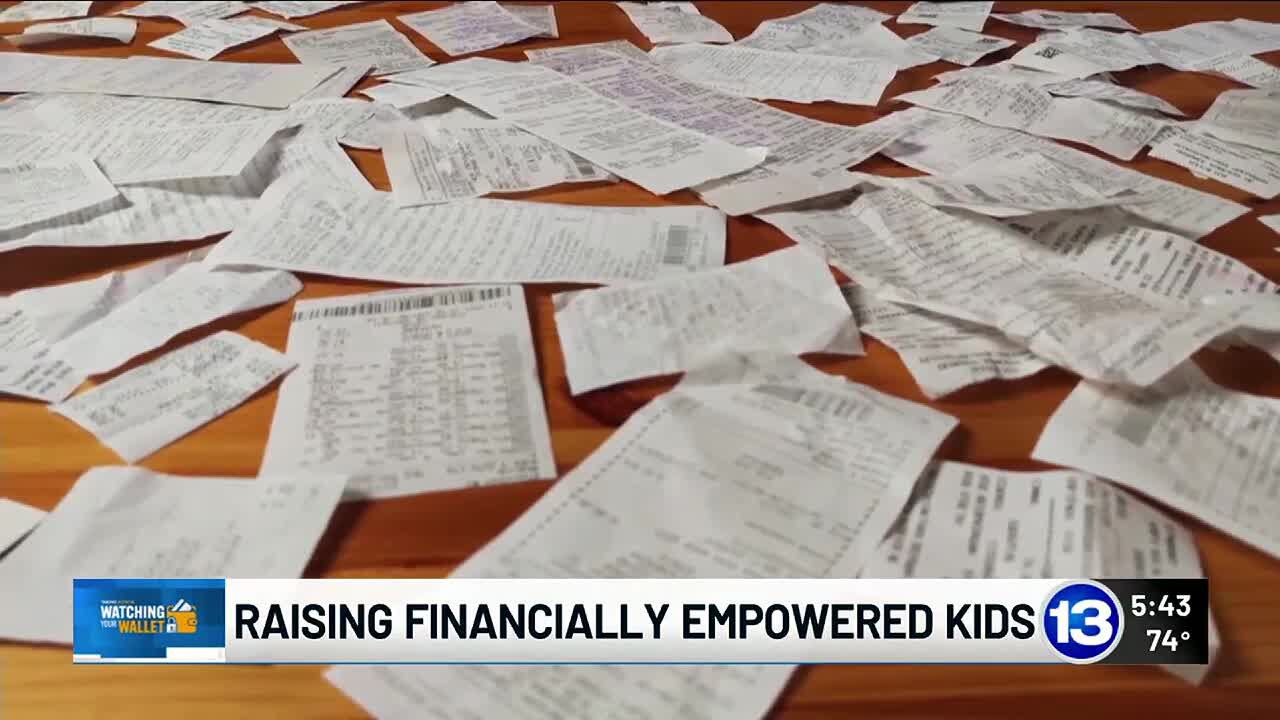Teaching Kids Smart Money Habits Through Everyday Moments
In today’s fast-paced world, financial literacy is becoming increasingly important, especially for children. Parents are looking for ways to instill smart money habits in their kids from a young age. One father in Toledo, Ohio, has taken a unique approach by turning everyday moments into valuable life lessons about money.
This innovative method not only helps children understand the value of money but also teaches them how to make informed financial decisions as they grow up. By integrating financial education into daily routines, this dad is helping his children develop a strong foundation for future financial success.
Why Financial Education Matters
Financial literacy is more than just knowing how to count money or save a few dollars. It involves understanding concepts like budgeting, saving, investing, and managing debt. These skills are essential for navigating the complexities of modern life, from paying bills to planning for retirement.
Tolong support kita ya,
Cukup klik ini aja: https://indonesiacrowd.com/support-bonus/
Children who learn these skills early on are more likely to make better financial choices as adults. They are less likely to fall into debt, more likely to save regularly, and better equipped to handle unexpected expenses. This is why many parents are now seeking creative ways to teach their kids about money.
Turning Daily Moments into Learning Opportunities
One effective way to teach kids about money is through everyday experiences. For example, going grocery shopping can be an opportunity to discuss the importance of comparing prices and making cost-effective choices. Visiting a bank can help children understand how savings accounts work and why it’s important to set aside money for the future.
Even simple activities like receiving an allowance can be turned into a lesson about budgeting and prioritizing needs versus wants. By involving children in these discussions, parents can help them develop a healthy relationship with money.
Practical Tips for Parents
Here are some practical tips that parents can use to teach their kids about money:
- Start Early: Introduce basic money concepts as soon as children can understand them. Use age-appropriate language and examples.
- Be a Role Model: Children often imitate their parents’ behavior. Demonstrating responsible financial habits can have a lasting impact.
- Use Real-Life Examples: Apply financial lessons to real-life situations, such as planning a family vacation or saving for a special purchase.
- Encourage Saving: Help children set up a savings account and encourage them to save a portion of their allowance or earnings.
- Teach Budgeting: Involve children in creating a budget for small purchases or family outings. This helps them understand the concept of limited resources.
The Long-Term Benefits
The benefits of teaching kids about money extend far beyond childhood. As they grow older, they will be better prepared to manage their finances, avoid common pitfalls, and achieve their financial goals. This can lead to greater financial independence and a more secure future.
Moreover, children who learn about money at a young age are more likely to pass on these lessons to their own children, creating a cycle of financial awareness and responsibility.
Conclusion
Teaching kids about money doesn’t have to be complicated or time-consuming. By using everyday moments as learning opportunities, parents can help their children develop essential financial skills. With the right guidance and support, children can grow up to be confident, informed, and financially responsible adults.







